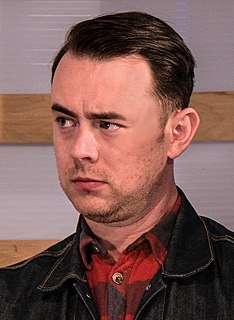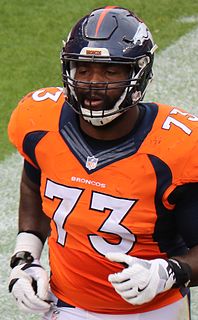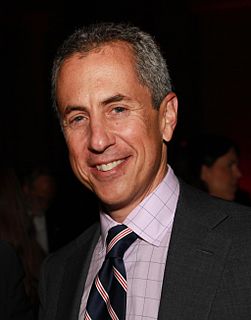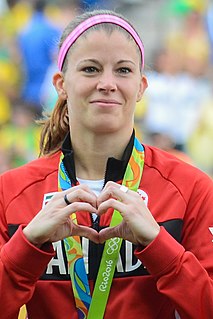A Quote by Colin Hanks
There is never a specific theme or anything I have interest in. Really, I make decisions based on decisions that are made by other people and whatever is presented to me, and I do it on a first come, first serve basis, and go from there.
Related Quotes
Organize first for knowledge, first with the object of making us know ourselves as a nation, for we have to do that before we canbe of value to other nations of the world and then organize to accomplish the things that you decide to want. Anddon't make decisions with the interest of youth alone before you. Make your decisions because they are good for the nation as a whole.
I'm not defined by whatever team I play for or whatever status I have. And I ask myself like who do I belong to, what's my ultimate source and strength and peace and in wisdom? I hold onto that. And I make all my decisions based off of that. My counsel - always go to God and Jesus first before I make any decision. And it definitely navigates me well.
The most valuable insight I have made about how people make decisions is that when they become skilled they don't have to make decisions - choices between options. Instead, they can draw on experience and the patterns they have acquired to recognize what to do, ignoring other options. This is the basis of the Recognition-Primed Decision (RPD) model my colleagues and I described thirty years ago.
There are studies that have shown that we make decisions, ethical and otherwise, based on the way we imagine ourselves as characters in the stories of our lives. In other words, if we imagine ourselves brave or crazy or open, we're more likely to make decisions in a given situation based on how we imagine ourselves, whatever the facts may be.
The part of capitalism that doesn't work for me is when capitalists make decisions in the way that Adam Smith suggested, which is that as long as you do everything in the interest of the investor, you're going to actually make the best decisions for all other stakeholders. I don't happen to agree with that.
People are trying to build a society where they can talk across the aisle so to speak, and have civil discourse. At the same time we're trying to inform ourselves about what's really true so that we can make evidence based decisions that is better than superstition or rumor. But the fact is that people who use evidence based decision making have much better life outcomes, greater life satisfaction, they live longer, they make better personal and medical decisions, better financial decisions. But parallel to that is you can't reason somebody out of a position they didn't reason themselves into.




































